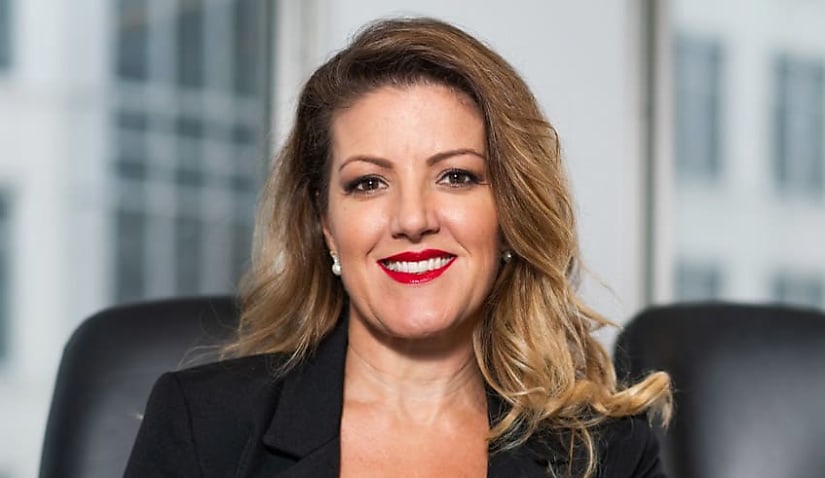Powered by MOMENTUM MEDIA
Despite still ranking as one of the least ethical professions across the country, Australian lawyers are perceived to be more ethical in 2022 than in the previous year, new research from the Governance Institute of Australia has revealed.

The Governance Institute of Australia has released its annual Ethics Index, which shows Australia’s ethics have yet again dropped in 2022, falling for the second year in a row.
The survey is now in its seventh year and surveyed 1,000 people on their perception of what the actual level of ethical behaviour is within Australian society, as well as the overall importance of ethics.
Last year, lawyers scored a net ethical score of zero, marking a significant drop from the 2020 figure of +11. However, this year, lawyers’ net ethical score rose to six, despite ethical scores in the majority of other occupations dropping.
Legal professionals across the country were perceived as either “somewhat ethical” or “very ethical” by 41 per cent of respondents, with 35 per cent describing lawyers as “somewhat unethical” or “very unethical”.
However, similarly to last year, lawyers ranked in the bottom 10 of all occupations, with state politicians (-22), federal politicians (-20), real estate agents (-18), local politicians (-12), directors of foreign companies in Australia (-10) and senior executives (-1) ranking lower.
These occupations contrast in comparison to nurses (77), firefighters (75) and ambulance workers (74) and vets (73), which were ranked the most ethical by respondents.
Interestingly, lawyers’ scores were much closer to funds managers (7) and mortgage brokers (9) than in 2021.
Judges’ scores also dropped from 48 in 2021 to 41 this year; however, law societies — as member associations — rose from a net score of 37 last year to 41 in 2022.
Governance Institute chief executive Megan Motto (pictured) said this year’s results show a downward trend in trust in Australia and is both a “major concern” and a “red flag reminder of the importance of trust and ethics at all levels of our society”.
Moreover, she said the decline has been evident following 2020 when a co-ordinated and well-communicated first response to the pandemic saw trust soar.
“In the first pandemic year, we were on a more precise path. There was a strong ‘all-in-it-together’ mentality. We put our trust in our governments and the medical profession, and this was largely rewarded. But we have seen an unravelling since,” Ms Motto said.
“And as the intensity of a crisis lessens, we begin to interrogate the response. We see the other problems around us in the harsh light of day, such as health advice versus politics, multiple corporate and government scandals, workplace issues such as the return to the office and the ongoing ‘Great Resignation’, plus growing concern on issues such as climate change. As we continue to traverse the ‘new normal’, it seems we are a little less trusting, more cynical and more divided.”
The index also asked questions related to COVID-19 — finding that 78 per cent of respondents said they would take a test if COVID-19 symptoms appeared close to an interstate holiday, and “balancing freedom of movement and individual liberties with ongoing efforts to contain the spread of COVID-19” ranked as the fourth most important ethical challenge over the next 12 months.
Additionally, despite growing concerns for climate change, the federal government and multinational corporations have the highest urgent ethical obligations to act (84), whereas individuals register as having the lowest obligation (80).
In a broader context, Ms Motto added that Australia was in need of an “ethical reset” following two years of “poor results”.
“Organisations must reaffirm their commitment to ethics and creating a positive culture. If culture is not deeply entwined with your overall strategic plan, then there is more work to be done,” she said.
“It is essential we are promoting good ethics in organisations, as well as good conduct.”
We're evolving — and so should your insights. Heads up — Lawyers Weekly is going premium from 1 May for just $5 a month. Stay informed without missing a beat. More information coming soon.

Lauren is a journalist at Lawyers Weekly and graduated with a Bachelor of Journalism from Macleay College. Prior to joining Lawyers Weekly, she worked as a trade journalist for media and travel industry publications and Travel Weekly. Originally born in England, Lauren enjoys trying new bars and restaurants, attending music festivals and travelling. She is also a keen snowboarder and pre-pandemic, spent a season living in a French ski resort.